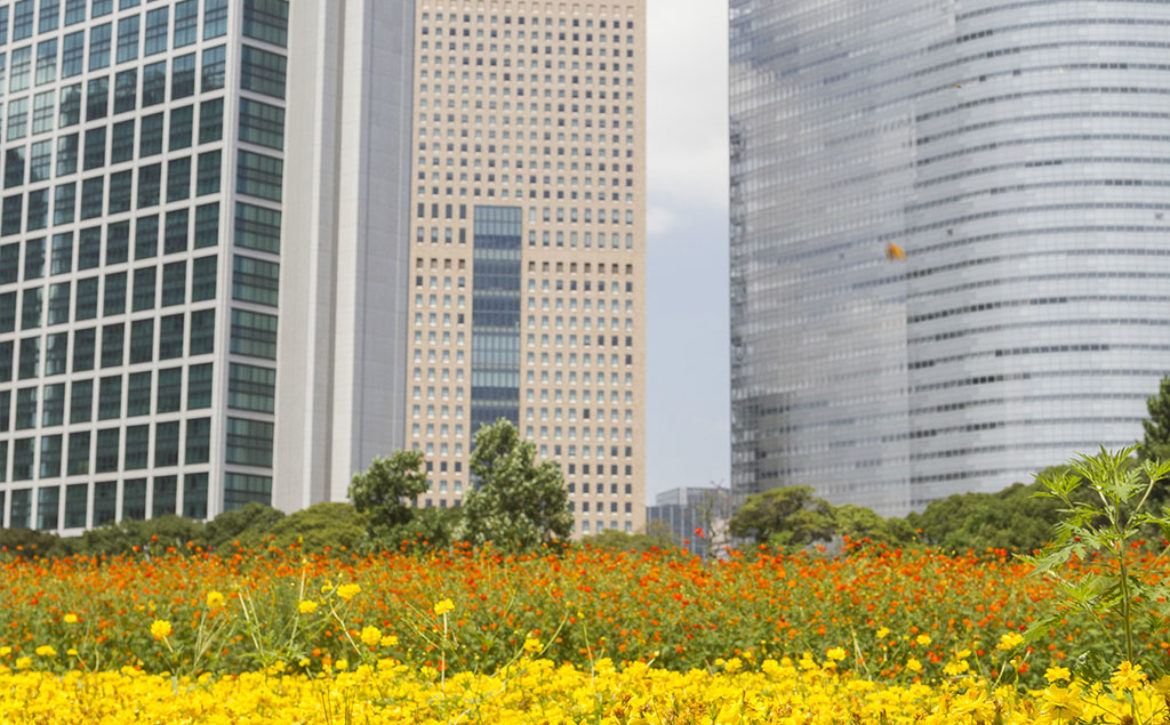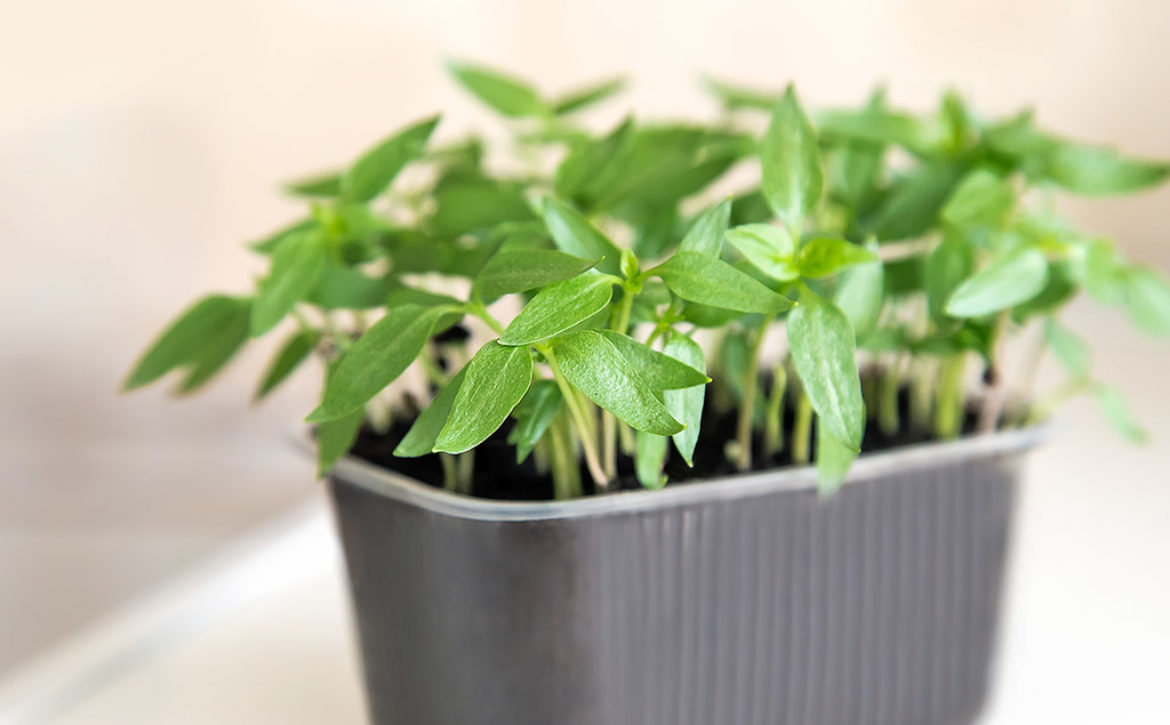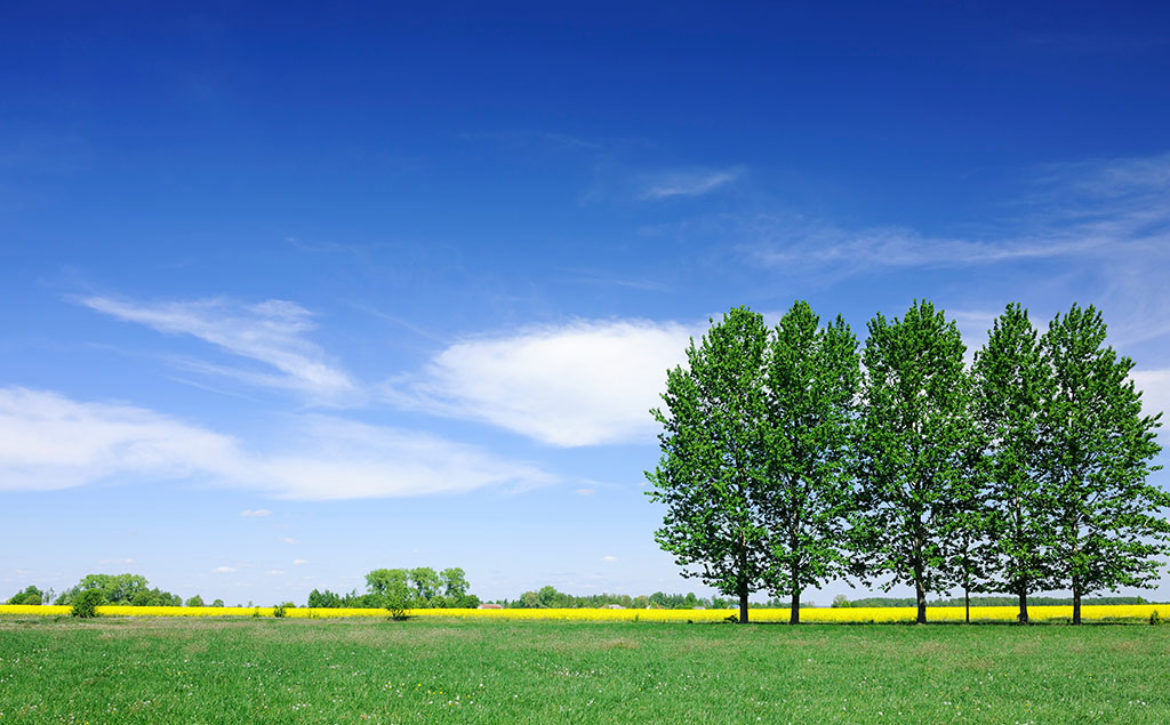BIODEGRADABLE ELEMENTS, WASTE MANAGEMENT (SESSION VIII)
SESSION VIII
BIODEGRADABLE ELEMENTS, WASTE MANAGEMENT
Bio-waste accounts for 36.7% of the mass of all municipal waste generated. It represents about 3 million tons of kitchen-originating bio-waste and nearly 1 million tons of green and garden waste. During the panel, problems with the generation of bio-waste will be presented, with particular attention to manners of preventing food waste. The principles of selective bio-waste collection will also be discussed. The most attention will be paid, however, to presenting various methods of bio-waste processing.








